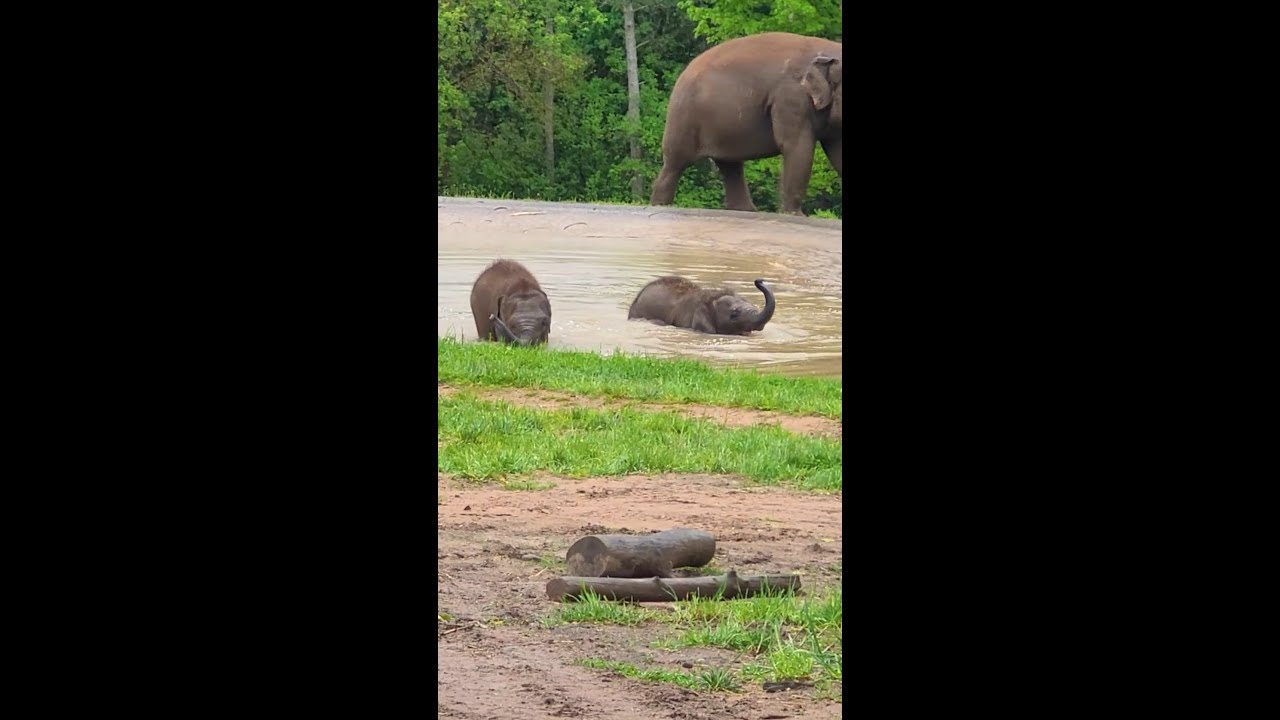- Insights into elephant social behavior observed during pool parties
- The role of water in the physical and mental health of elephants
- How zoo management and wildlife conservation efforts support these activities
- The educational impact of showcasing elephant pool parties to the public
Observing elephants engage in pool parties offers profound insights into their complex social behaviors. These gatherings are not just playful encounters but are pivotal for establishing and maintaining the social bonds within a herd. Elephants are known for their intelligence and emotional depth. The interactions during these water-based activities, including splashing, submerging, and assisting younger or weaker members to stay afloat, highlight their cooperative nature and empathy. These behaviors mirror the wild, indicating strong instincts despite the zoo environment.
Water plays a critical role in the well-being of elephants beyond the obvious necessity for drinking. For such large mammals, water activities contribute to physical health by helping regulate body temperature and providing a medium for low-impact exercise, which is essential for these massive creatures’ joint and skin health. Beyond physical health, water acts as a stimulus for mental enrichment, a critical aspect of zoo animal welfare. Engaging in natural behaviors like bathing and playing in water helps reduce stress and boredom, promoting happier, more active elephants.
Zoo management and wildlife conservation efforts are crucial in facilitating these elephant pool parties. By constructing and maintaining large, accessible water features that mimic natural waterholes, zoos can allow elephants to engage in essential behaviors. This involves the design of the physical environment and the careful planning of social groupings to ensure compatibility and social enrichment. Moreover, such activities support conservation messages by highlighting elephants’ natural behaviors and needs, fostering a connection between the public and wildlife conservation efforts.
Educational initiatives that showcase these elephant pool parties play a significant role in conservation education. Visitors gain a deeper appreciation for these complex creatures and their environments by observing elephants in water. Educators can leverage these moments to discuss the importance of habitat preservation, the threats elephants face in the wild, including poaching and habitat loss, and the conservation strategies to protect these majestic animals. This direct engagement enlightens the public and inspires a commitment to conservation efforts.
Elephant pool parties become more than just entertainment by integrating scientific knowledge into zoo management and the strategic use of educational programs. They catalyze awareness, understanding, and action regarding elephant conservation. These activities underscore the importance of natural behavior exhibitions for animal welfare in zoos while reinforcing that such efforts are essential for conserving species in the wild.
*****
Source Description
The pool party continues! This time, Yaad joined Tukada, if only for a little bit. It’s so fun to see how the twins’ personalities differ. Yaad is usually the calf who acts more independent, straying farther from the adults and generally being braver in the face of new experiences – except when it comes to water, apparently! From the first time with the little blow up pool, Tukada has been much more of a “water-baby” and stays in the pool for much longer than his brother.
Video from Elephant Care Specialist Heather
#Syracusezoo #Syracuse #CNY #Elephant #AsianElephant #WeAreAZA #ElephantCalf #BabyElephant #BabyAnimals #BestDayEver


